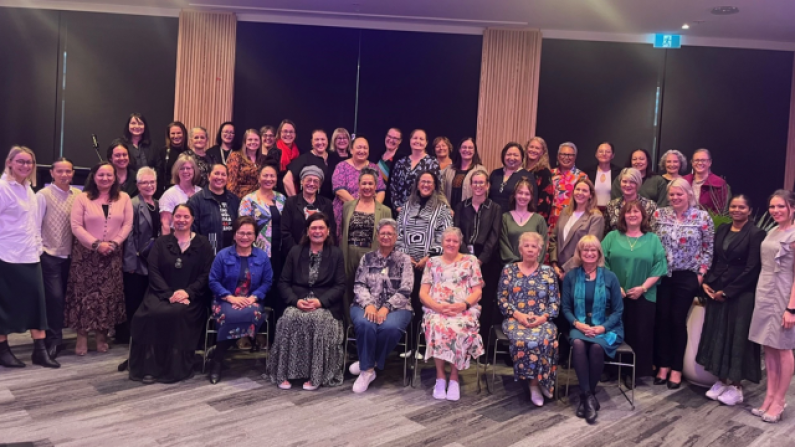Catch up on He Raa Maumahara activities

Last Monday, 28 October, was He Raa Maumahara, our National Day of Remembrance of the New Zealand Wars. These wars took place from the 1840s to the 1870s when colonial and Maaori forces clashed over land disputes, the loss of Maaori autonomy, and differing understandings of the Treaty of Waitangi Te Tiriti o Waitangi.
Focussed on growing understanding, Council commemorated this event with a public lecture from historian Vincent O’Malley, a waahine breakfast featuring keynote speaker Nanaia Mahuta, entertainment in Garden Place that highlighted cultural performance and waiata, and a staff presentation from Brad Totorewa. The celebration contributes to He Pou Manawa Ora outcomes by recognising the history and place of the Kiingitanga in Kirikiriroa.
He Raa Maumahara was an opportunity to reflect on the conflicts of the New Zealand Wars, the lives lost among Maaori and Paakehaa, and the lasting impacts these events had across Waikato and Aotearoa.
Parihaka Day
This week, on Wednesday 5 November, we also remember the Parihaka invasion of 1881, another defining event in the history of land wars in Aotearoa. On this day, armed constabulary entered Parihaka village and were met by women and children singing and offering baskets of bread. Despite this peaceful welcome, the leaders and others were arrested and many were held in jail for months without trial.
The relationship between Parihaka and Waikato is defined by a shared history of Crown land confiscations (raupatu), a mutual commitment to peaceful resistance, and a lasting intergenerational bond that continues to be recognised today. Both the Parihaka community in Taranaki and the Waikato region endured immense injustices during the New Zealand Wars of the 1860s.
The second Maaori King, Taawhiao, was a strong advocate for peace following the Waikato War. He sent envoys to live at Parihaka to strengthen the ties between the two communities and to reaffirm their shared opposition to further land sales.
